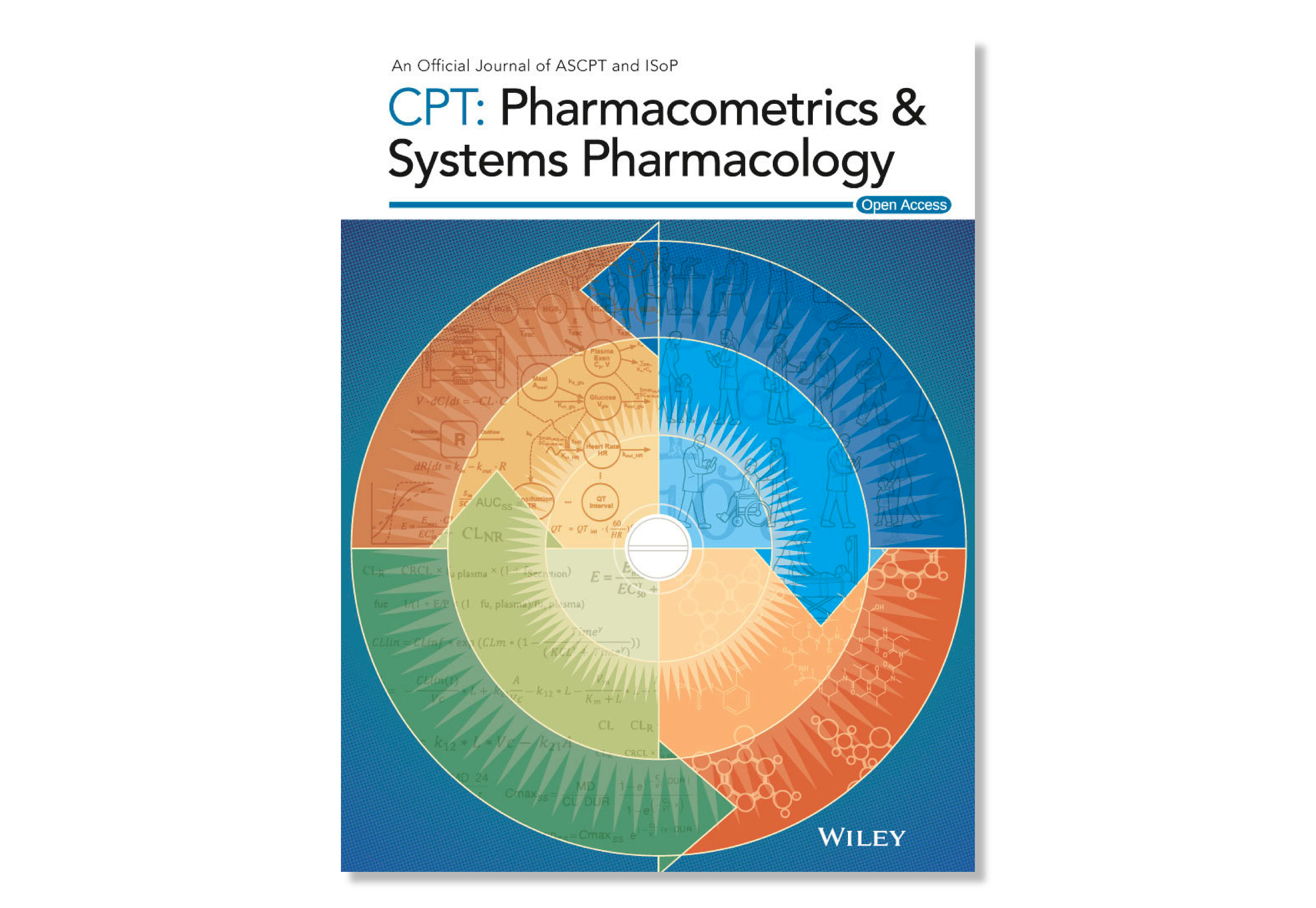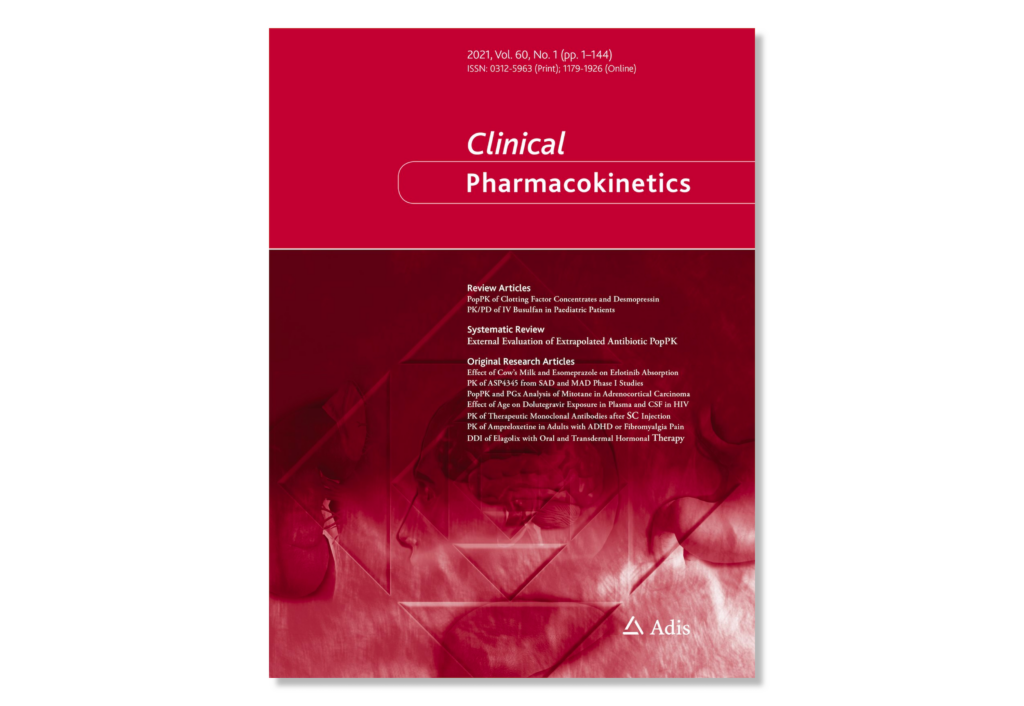

Clinical decision support for chemotherapy-induced neutropenia using a hybrid pharmacodynamic/machine learning model
Abstract
Consensus guidelines recommend use of granulocyte colony stimulating factor in patients deemed at risk of chemotherapy-induced neutropenia, however, these risk models are limited in the factors they consider and miss some cases of neutropenia. Clinical decision making could be supported using models that better tailor their predictions to the individual patient using the wealth of data available in electronic health records (EHRs). Here, we present a hybrid pharmacokinetic/pharmacodynamic (PKPD)/machine learning (ML) approach that uses predictions and individual Bayesian parameter estimates from a PKPD model to enrich an ML model built on her data. We demonstrate this approach using models developed on a large real-world data set of 9121 patients treated for lymphoma, breast, or thoracic cancer. We also investigate the benefits of augmenting the training data using synthetic data simulated with the PKPD model. We find that PKPD-enrichment of ML models improves prediction of grade 3–4 neutropenia, as measured by higher precision (61%) and recall (39%) compared to PKPD model predictions (47%, 33%) or base ML model predictions (51%, 31%). PKPD augmentation of ML models showed minor improvements in recall (44%) but not precision (56%), and data augmentation required careful tuning to control overfitting its predictions to the PKPD model. PKPD enrichment of ML shows promise for leveraging both the physiology-informed predictions of PKPD and the ability of ML to learn predictor-outcome relationships from large data sets to predict patient response to drugs in a clinical precision dosing context.
Jasmine H. Hughes, Dominic M. H. Tong, Vanessa Burns, Bobby Daly, Pedram Razavi, Jaap J. Boelens, Srijib Goswami, Ron J. Keizer
First published: 28 July 2023 | https://doi.org/10.1002/psp4.13019
